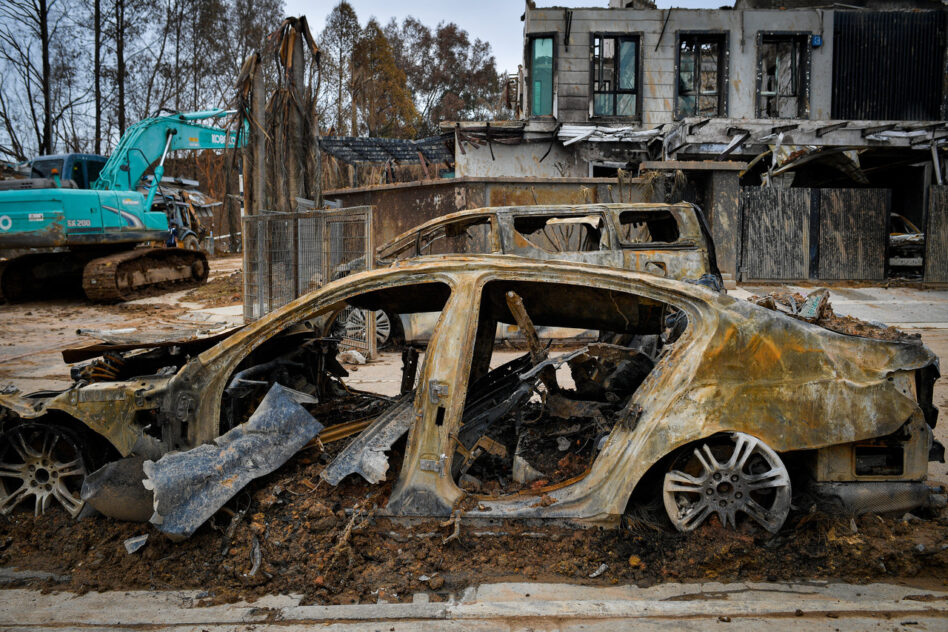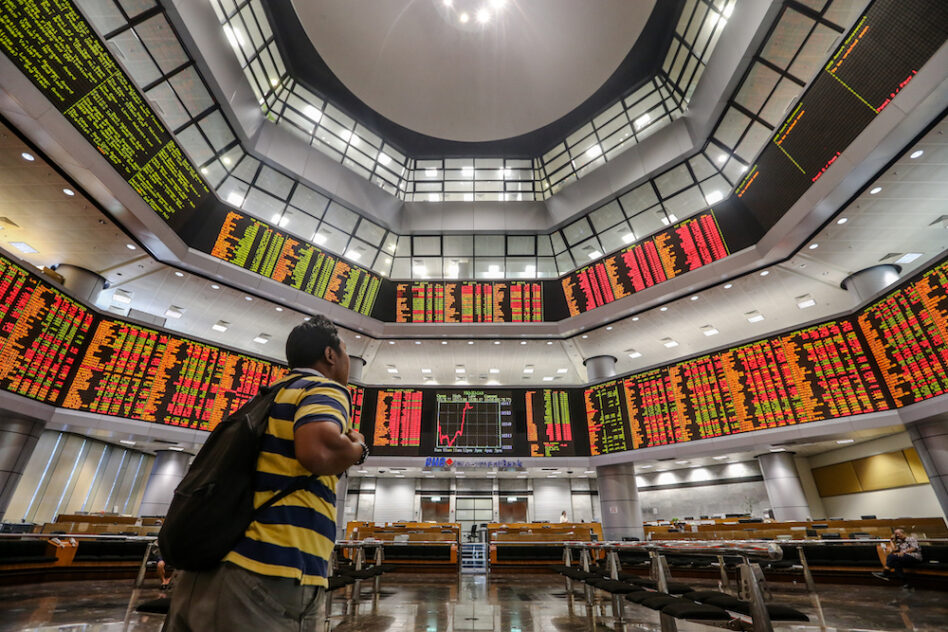THE Malaysian Health Coalition (MHC) expressed their dissatisfaction with the meagre 1.5% increase in allocation for the Health Ministry (MOH) in Budget 2022.
The RM32.4 bil allocation remains inadequate even with the additional RM2 bil allocation for COVID-19 equipment and consumables as well as RM6 bil for vaccines, it said.
“We urge greater spending to manage the endemic of COVID-19 while simultaneously strengthening our public healthcare system for non-COVID-19 care like non-communicable diseases (NCDs), an ageing population and routine maternal and child health,” said the coalition.
“We stress that this Health Budget is not expansionary (as proposed by us on Oct 20, 2021), but the contrary.”
As such, the MHC is proposing that the Government increase the allocation to the public healthcare system.
“Budget 2022 must be the first budget that over-invests in our healthcare system to compensate for decades of under-investment,” it said in a statement.
“This will enable our public healthcare system to cope with amplified responsibilities without jeopardising quality of care.”
The increase in mental health allocation, said the coalition, is also not proportional to the rise in mental health issues caused by COVID-19 stressors.
“It remains lower than upper middle-income and high-income countries who spend 1.6% and 3.8% of Government health expenditure on mental health respectively.
“This sets a dangerous precedent and a backwards trajectory which may prevent us from building a robust public health infrastructure as imagined in the 12th Malaysia Plan and as required by a larger, older and sicker population.”
MHC also urged the Government to focus on durable strategies for long-term health developments.
“We highlight two examples. First, while social provisions and cash transfer allocations for older adults in Budget 2021 are necessary, there must be a change in philosophy to encourage older adults to have more active participation in their own health.
“Without active participation, even exponential increases in the social care budget for the elderly will create the reality or perception that older people are constantly dependent on support.
“Secondly, the allocation of RM100 mil for doctors, dentists and pharmacists to pursue specialist training is welcome, but must be accompanied with an increase in permanent posts.
“This lack of long-term solutions may cause dissatisfaction among healthcare professionals, and there is already the possibility of a second strike by healthcare professionals.”
To resolve the issue, MHC proposed additional investment in district hospitals and the Cluster Hospital system to create more permanent and training positions for House Officers and specialist trainees and to redistribute staff.
“This can retain specialists in the public healthcare system and train more doctors and health professionals for the future,” it added.
Meanwhile, the coalition further noted that while Budget 2022 has a clear allocation to MOH to deliver healthcare, there must be an equal emphasis on the social determinants of health delivered by non-MOH agencies.
As such, there must be more expenditure on the non-healthcare determinants of health such as health literacy, living and working conditions, adequate income and wage, food security and physical activity.
“This can be achieved through investment in public health services and engagement with various stakeholders such as other ministries and community leaders to form a ‘whole of society’ approach.”
MHC went on to object the Government’s imposition of the excise duty on vaping and e-cigarettes.
“This is as though we are approving vaping and e-cigarettes in Malaysia, which were previously not explicitly approved or explicitly banned.
“We propose an outright ban on vaping and e-cigarettes in Malaysia, while increasing tobacco control including passing a Tobacco Control Act.”
MHC further urged the Government to address missed opportunities, especially in terms of emphasising tele-medicine, automation and digitising healthcare as well as strengthen primary care, especially for the 8,000 private General Practitioners (GP), 3,000 community pharmacies and the thousands of allied health professionals.
“We also recommend the gradual introduction of compulsory social health insurance (SHI) to reduce the high out-of-pocket costs of ordinary Malaysians,” the coalition remarked.
“As we enter the third year of COVID-19, Malaysia must not miss the opportunity to build a robust and resilient healthcare infrastructure.
“More Malaysians are poorer after COVID-19, and this makes them more likely to use public healthcare facilities, which makes it crucial for us to over-invest in our public healthcare system.
“Budget 2022 must over-invest in health while focusing on long-term strategies, by tying Budget 2022 to RMK-12 strategies, Budgets 2023 and beyond.” – Nov 8, 2021









